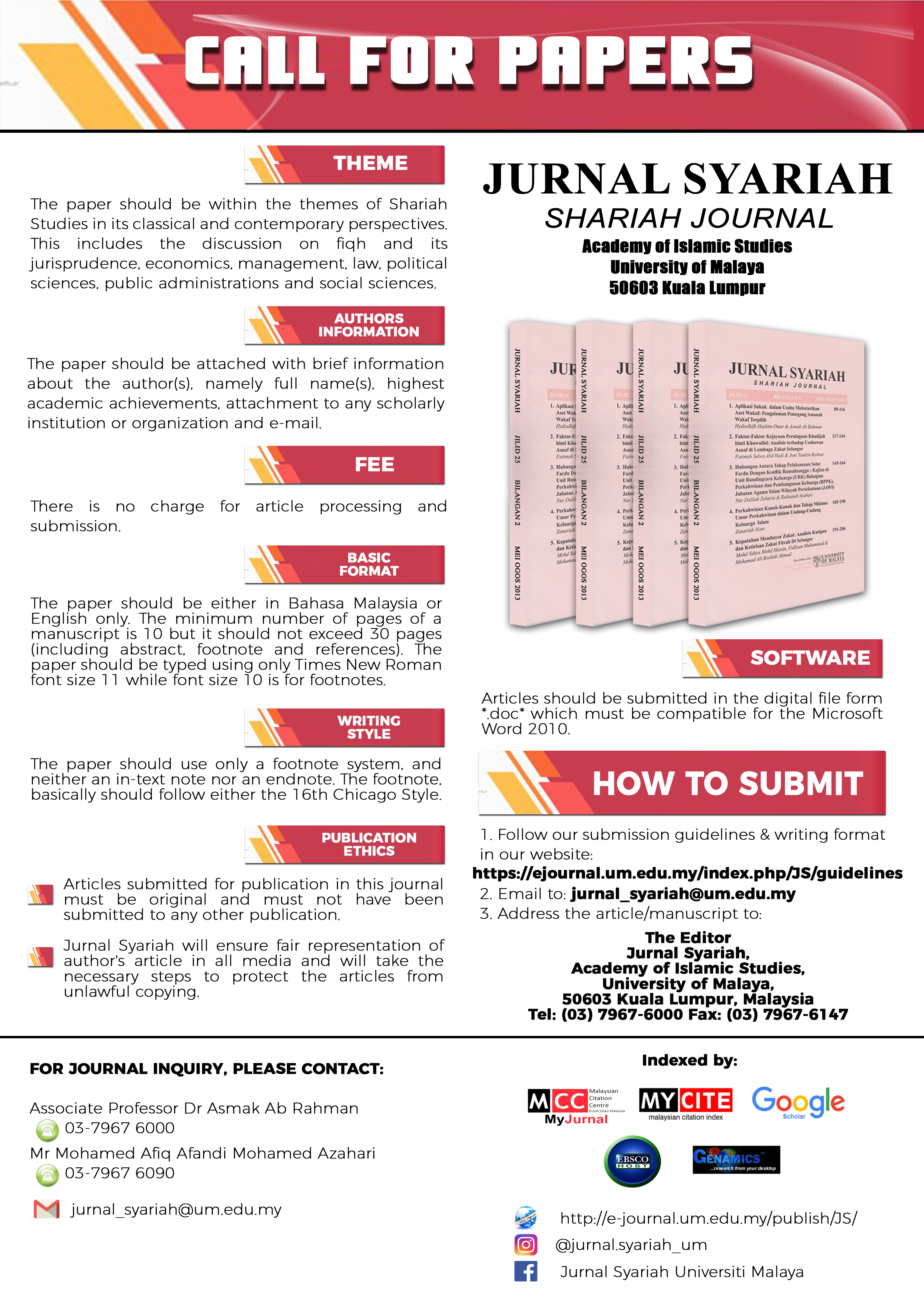THE FUTURE OF ISLAM IN BRITAIN: LEADERSHIP, USURY AND THE POLITICS OF ZAKAT
Keywords:
leadership, usury, zakat, dinarAbstract
In this article, we offer a few observations on the possible future of Islam in Britain and the facts and findings may apply elsewhere. This article is based on the our critique on the norms established in the Sharī‘a, we firstly highlight the need for amirate, or personal political leadership, in any Islamic community. We then juxtapose this to the present global system – illustrated by several examples from the British context in particular – where power is exercised by financial elites who owe little or no allegiance to any National Government. This group of elite owns its power to control and manipulate world financial markets, particularly through the usurious technique of fractional reserve banking. We examine fractional reserve banking and demonstrate its overtly harām nature, and thus the harām nature of the global monetary system that it supports. The Islamic alternative to this system, as demonstrated by the Sunnah, is to use gold and silver currency as opposed to using harām paper money. Such a currency, in tandem with strong personal leadership, will enable not only the halāl trade, both locally and globally, but also the correct implementation of the critically important Third Pillar of Islam, zakāt. Zakāt requires certain leadership for its collection and distribution, and, secondly, it cannot correctly be collected through paper money but only through gold, silver, crops and livestock.
Downloads
Downloads
Published
How to Cite
Issue
Section
License

This work is licensed under a Creative Commons Attribution-NonCommercial 4.0 International License.
COPYRIGHT: All rights reserved. Not allowed to be reproduced any part of articles and contents of this journal in any form or by any way, whether electronic, mechanical, photocopying, recording or otherwise without permission in writing from the Chief Editor, Jurnal Syariah.



















